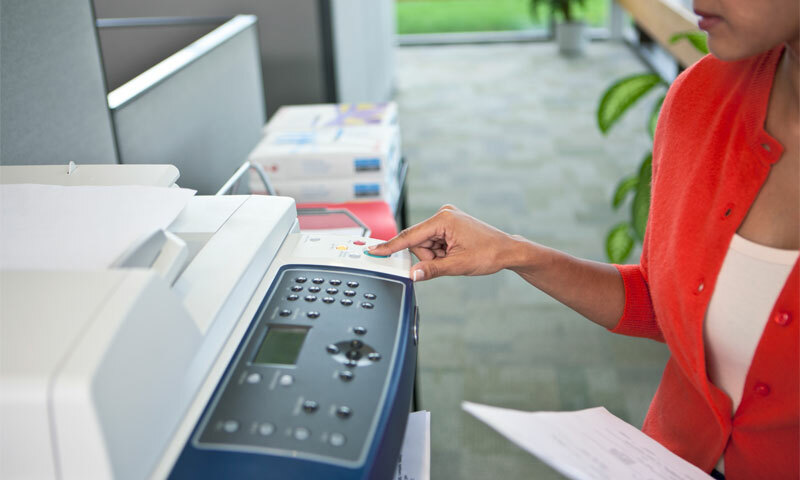
- How to wash dishes: basic ways of
- Five rules for the ideal dishwashing
- Features of washing various dishes and the choice of detergents.
- Folk remedies for utensils
One of the important everyday affairs of every responsible hostess or owner is washing dishes. That's why it's important to know how to properly wash dishes. In fact, there is nothing complicated in this everyday business, and now we will prove it to you.
to the contents ↑How to wash dishes: basic ways of
In order to understand how to do this, it is initially worthwhile to understand some of the basic principles of washing, or more simply, to know the rules and methods.
Fast way №1
Even in our modern 21st century it is impossible to escape from such routine work. But at the same time, no one has yet canceled and modernized and improved efficiency. That is why, in order to properly wash dishes by hand, we propose to proceed as follows:
- For the fastest washing of dishes, the most important thing is to wash the most dirty dishes in hot water for starters.
- Has the food already dried up? No problem! You can add mustard in the water, which will help fat dissolve faster, and the dried dirt will be washed much easier.
- It is important to choose not only the means, but also the tool by which you will wash all the fat. Optimum choice will be a sponge, which not only launder dishes from fat, but at the same time it is easily cleaned from it.
Important! If you decide to protect yourself as much as possible from such a routine duty, buy a dishwasher. But keep in mind that it also needs to be loaded correctly and some care is needed for it.
Fastest Way No. 2
The most important thing to begin with is to remove any leftover food that is on the pan or frying pan. Do it for 2 reasons:
- First, it's pretty disgusting to look at the food collected on the sponge.
- Secondly, you will spend less money on calling plumbers.
Important! Sort kitchen utensils, because it is much easier to wash dishes of the same type, and besides, faster. In our case, we must sort not the type of dishes, but consider the degree of its contamination.
to the table of contents ↑Five rules for the ideal dishwashing
If you follow several basic rules, you will always wash dishes correctly, regardless of whether you are at home or spending time on vacation in nature.
Rule one. Dispose of food residues
Before you wash the dishes, you need to get rid of the food that is on the plate. If you do not remove it and immediately wash it, you will have to call a plumber in the near future so that you can clean the pipe.
Important! If you have dried food on the plate, then for the beginning it should be soaked in soapy water for 20 minutes. Thus, fat and other hard-to-remove dirt will be washed off the plate.
Be careful with the dishes to not accidentally break it by grasping with soapy hands. It is best to use some trick described below.
Important! To make it easier to wash the dishes, you can sort the dishes in separate piles. For example, one stack with plates, the other with spoons. This not only helps to make the job easier, but also makes washing dishes more convenient.
Rule two. We follow the order of
If you sorted the dishes, then you will not have any difficulty keeping the order. To adhere to this rule, you need not only to have less dirt on your sink, but also in order not to waste time waiting for the dried food in the plate to get wet.
Important! Do not forget that you need to soak not only plates with cutlery, but also pans or skewers.
 Rule three. How to wash dishes in the field?
Rule three. How to wash dishes in the field?
At this point, it is very important to pay particular attention to the plates. After you have soaked them, you have to wipe them on both sides with a sponge. Then treat the cutlery, lathering them with a sponge. Rinse thoroughly with soap, keeping each plate or cutlery in the water for a few seconds.
Important! If you live in a country house, do not use a basin for washing dishes. The best way is to water it by holding the dishes with a jug or jar.
If you are in the nature, then do not wash the funds based on chemistry. Best of all, if they are made from natural ingredients, or even use proven options such as sand, mustard. Do not forget about the purity and safety of nature.
Rule four. Features of washing pots and frying pans
It is this kitchen utensils that is large, therefore it takes away a significant portion of your time when you are going to wash dishes correctly. To prevent this from happening, it is better to do it immediately as recommended, taking into account the type of material at the base of the vessel.
For example, enamel pots or Teflon can not be cleaned with a "brush" that consists of metal - so you can easily scratch the surface. Together with the food particles, you will deprive the frying pan and its protection - a special coating.
The simplest materials, dishes from which it is washed by any methods - stainless steel or cast iron. They are not afraid of hot water, nor a metal "brush".
Important! Be sure to take into account the fact that pots and pans need cleaning not only inside, but also outside. And for these surfaces can be used different means. For example, to whiten the pan inside, solutions of citric acid or vinegar are suitable, and it is good to clean the outside with soda.
Rule five. Dry the dishes
Everyone has the right to decide how to wash the dishes, because there are enough options for this. But we must not forget about the drying of kitchen utensils.
Important! Before you remove the dishes in the locker, you need, at least, to wipe all objects with a towel.
Next - you can forget about it, and calmly breathe a sigh of relief before the next meal.
to the table of contents ↑Features of washing various dishes and the choice of detergents.
It is worth to understand how to properly wash dishes consisting of completely different materials:
- Products from crystal. Basically, such products do not like hot water, it is best to wash them in a cool one. Do not wash them with hard jaws and, most importantly, "brushes".To maintain cleanliness, it is worth rinsing with cool water and wiping. Frying pan and saucepan with enamel surface. The enamel surface is tender enough and it can be easily scratched. That's why it's worth to abandon the rigid sponge, so as not to damage the surface.
- Various utensils made of cast iron can be washed in absolutely any water, and also it can be rubbed with anything, even by a rigid sponge. But after washing it must be lubricated with oil, and periodically need to be calcined.
Important! Dishes made of cast iron must always be stored in oily form and dry.
- Aluminum products. It is best to clean them with the help of folk remedies and must be carefully wiped dry.
- Glassware. It all depends on the type of glass. For example, if normal, then you can simply wipe the dishes with a sponge, and then rinse with water.
Important! Do not pour cold water into the refractory glass, otherwise it may burst. Wait until the glassware has cooled.
to the table of contents ↑Folk remedy for dishes
You can easily and correctly wash dishes not only with the help of household chemicals:
- Mustard. One of the safest means with which you can easily cope with even the most complex pollution.
- Household soap. Such a tool can be used in a completely different variation. For example, you can use a grater to rub soap and dissolve it in hot water. Then you need to pour a little soda and vinegar. Stir and use as needed.
- Baking soda - great for almost any type of cookware. An exception can be noted only in that for washing surfaces prone to scratching, it is better to pre-mix soda with water so that grains do not have an abrasive effect.
Now you know some features to properly wash dishes by hand. We hope that the article was useful for you and now this daily work will not be so tedious for you.



